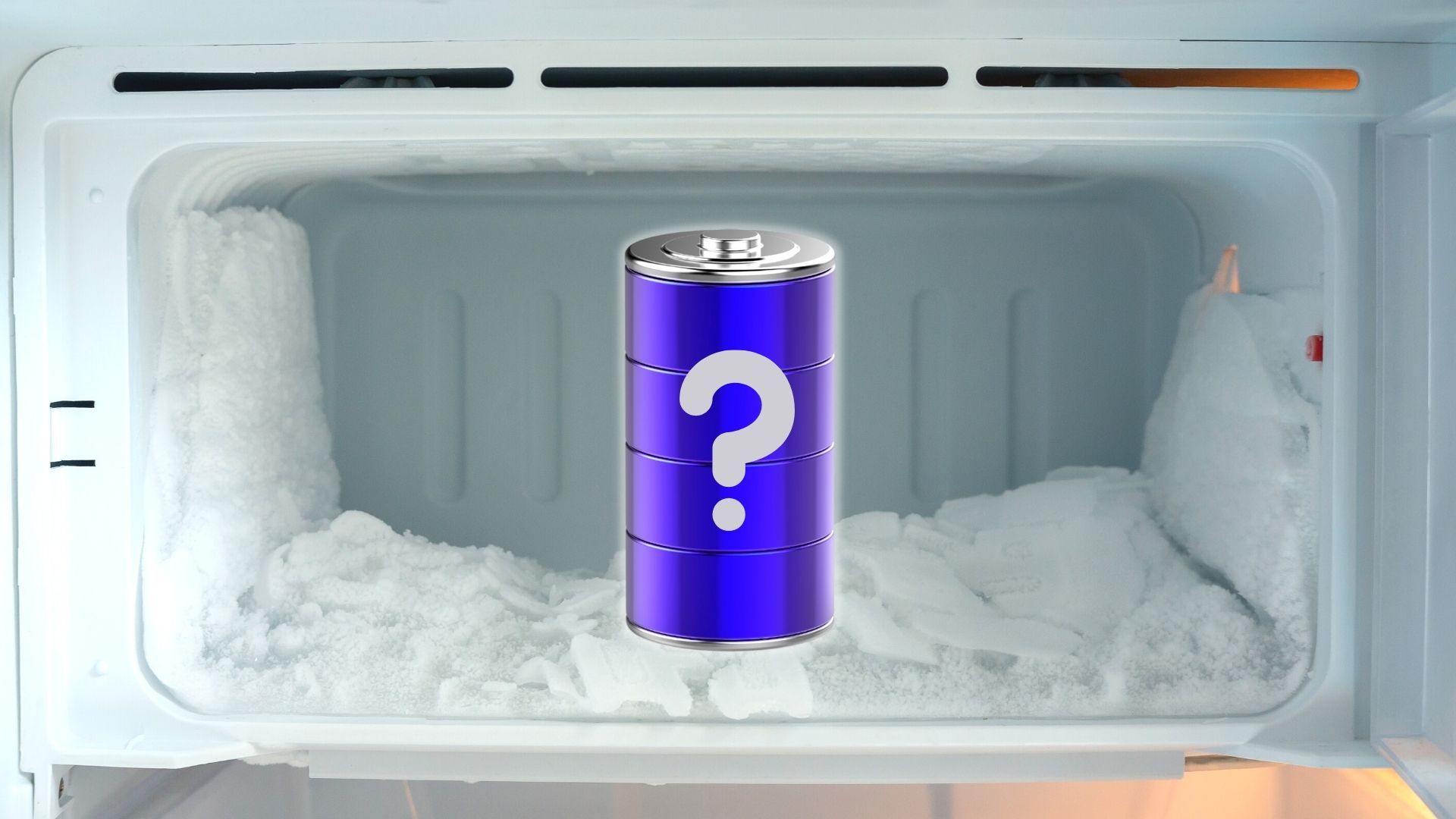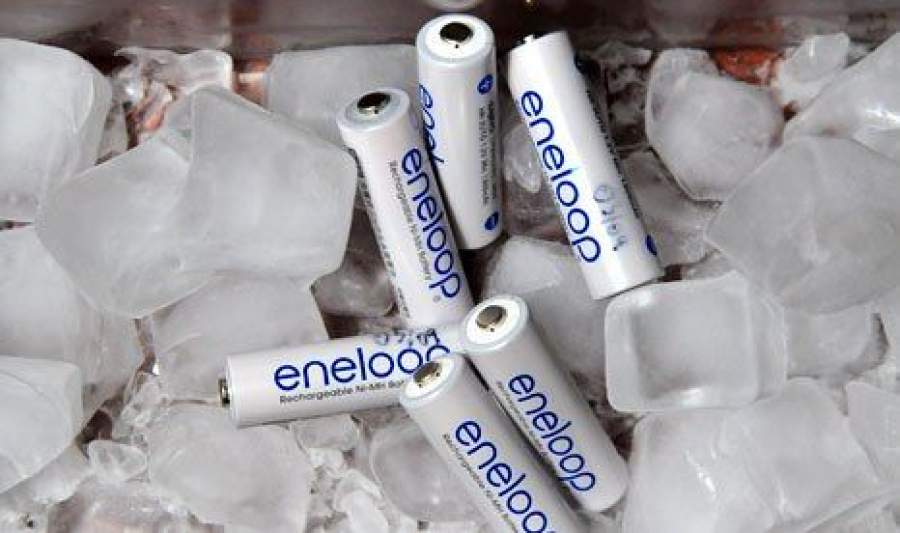
Batteries are essential for powering many devices and gadgets in our daily lives. But what happens when they run out of juice? Do you have to buy new ones every time, or can you recharge them somehow? And what about freezing them? Does putting batteries in the freezer help them last longer or recharge faster? In this post, we’ll explore the truth behind this technique and whether it works or not. We’ll also give you some tips on how to store and use batteries properly to maximize their performance and lifespan.
No, you cannot recharge batteries in the freezer. Freezing batteries does not increase their energy level or restore their charge. It may only help some types of batteries (NiMH, NiCd, and alkaline) to retain their existing charge for a longer time. However, freezing batteries can also damage them and cause corrosion, leakage, or explosion.
Batteries are composed of chemicals that react to produce electricity. The rate of this chemical reaction depends on several factors, such as temperature, humidity, and age. Generally, lower temperatures slow down the reaction, while higher temperatures speed it up.
This means that freezing batteries can reduce their self-discharge rate, which is the amount of energy they lose over time when not in use. This can be beneficial for some types of batteries that have a high self-discharge rate, such as NiMH (nickel-metal hydride), NiCd (nickel-cadmium), and alkaline batteries. These batteries can lose up to 10% of their charge within 24 hours at room temperature, but only 1-2% at freezing temperatures.
However, freezing batteries does not recharge them or increase their energy level. It only preserves their existing charge for a longer time. To recharge batteries, you need to apply an external source of electricity, such as a charger or a generator.
Moreover, freezing batteries can also have negative effects on their quality and safety. For example:
Therefore, freezing batteries is not a recommended technique for recharging them or extending their life. It may only work for some types of batteries that have a high self-discharge rate and are stored in a sealed plastic bag for a short period of time (up to 12 hours). However, it is still risky and may cause more harm than good.

Instead of freezing batteries, you should follow these tips to store and use them properly and safely:

Q: Can you freeze lithium-ion batteries?
A: No, you should not freeze lithium-ion batteries. Lithium-ion batteries are sensitive to low temperatures and can lose their capacity or performance if frozen. They can also become unstable and catch fire or explode if frozen.
Q: Can you freeze car batteries?
A: No, you should not freeze car batteries. Car batteries are filled with liquid electrolyte that can freeze and expand at low temperatures, causing the battery to crack or leak. This can damage the battery and your car.
Q: Can you freeze AA batteries?
A: No, you should not freeze AA batteries. AA batteries are usually alkaline or lithium-based and can be damaged by freezing. Freezing can cause leakage, corrosion, or explosion of AA batteries.
Freezing batteries is not a good way to recharge them or extend their life. It may only help some types of batteries (NiMH, NiCd, and alkaline) to retain their existing charge for a longer time, but it can also damage them and cause corrosion, leakage, or explosion. To store and use batteries properly and safely, you should follow the tips and guidelines in this post and avoid freezing them.
